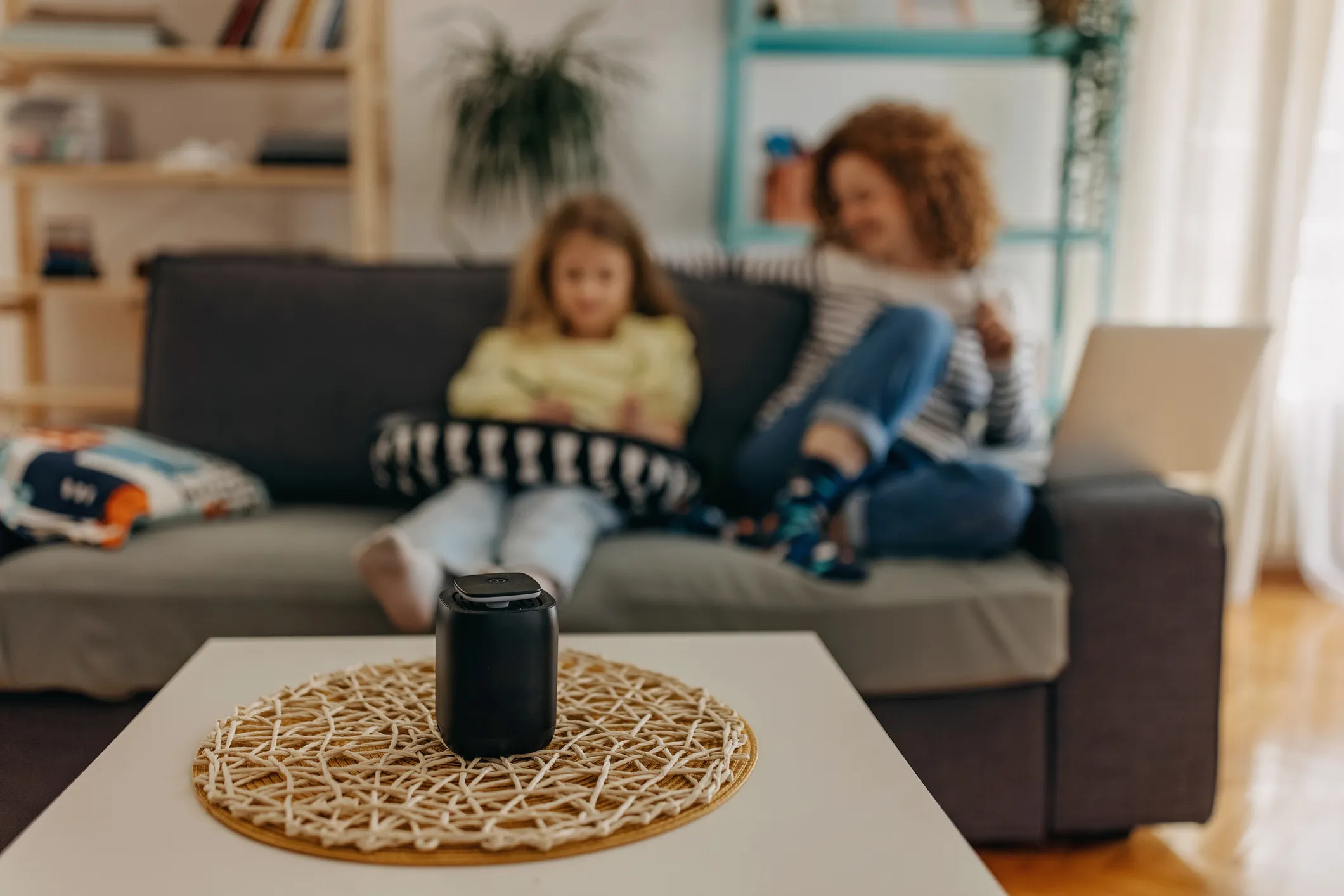
Around two out of three school pupils who were surveyed about smart devices that respond to speech thought the gadgets might have feelings or could make decisions for themselves, the study found.
Capabilities of AI
The study highlights the risk of children overestimating the reliability and capabilities of AI systems – as they may see them as thinking for themselves – rather than processing commands and sourcing responses, the researchers say.
Children are familiar with smart speakers supported by Artificial Intelligence (AI) such as Alexa at home, but they often misunderstand how intelligent and human-like these devices are, researchers say.
Those surveyed tended to overestimate the intelligence of a conversational smart speaker, with around three out of 10 believing it could think for itself and four out of 10 unsure whether it could.
Security Issues
Many of the children also felt uninformed about security issues – with some expressing concern about their privacy when using the devices at home.
Researchers from the Moray House School of Education and Sport investigated children’s understanding of AI by assessing attitudes towards voice assisted smart speakers among 166 children aged six to 11.
They used questionnaires and interviews, and surveyed the pupils’ views on data privacy and how they interact with the devices. They also conducted 10 focus groups to learn about experiences in depth.
Human traits
Of those surveyed, 93 per cent had a smart speaker at home – mostly Amazon’s Alexa, and had various levels of competency in using them.
Around eight out of 10 of those surveyed knew that the devices were examples of AI, rather than being human, although about two-thirds of them thought that the systems might think like a human.
The children generally thought that devices such as Alexa were smart, often cleverer than themselves.
Seventy percent of the respondents also said it is wrong to be rude to the devices.
The findings help shed light on misconceptions young people may have about smart speakers and AI more broadly, the researchers say.

